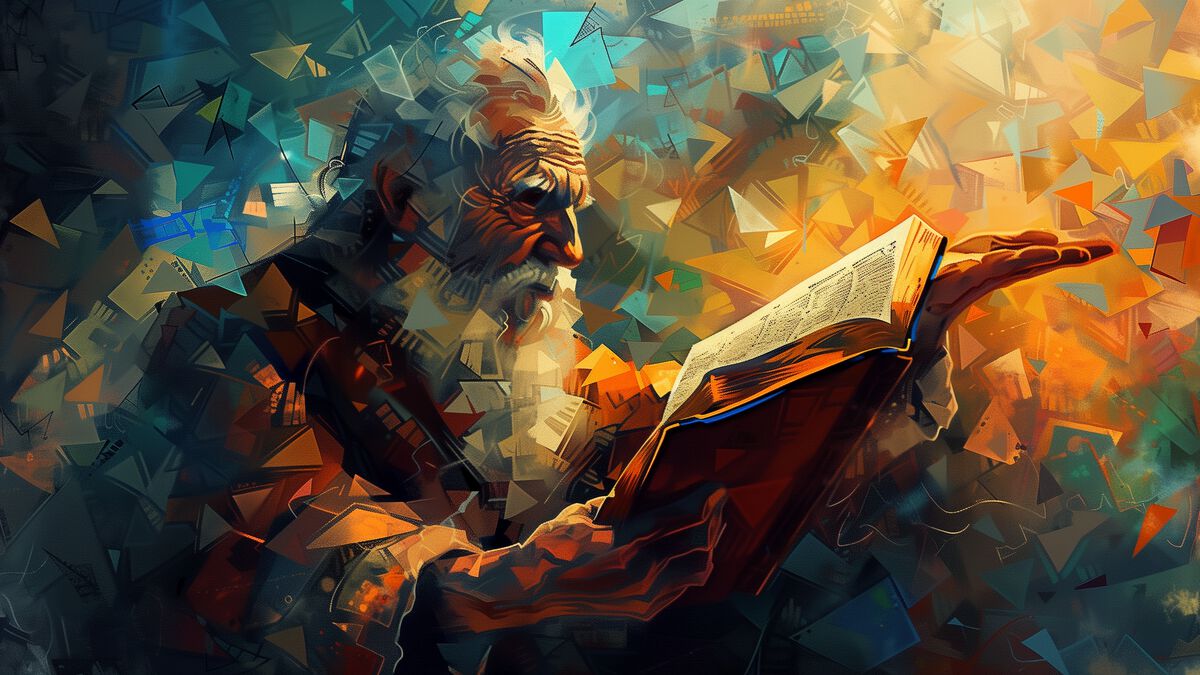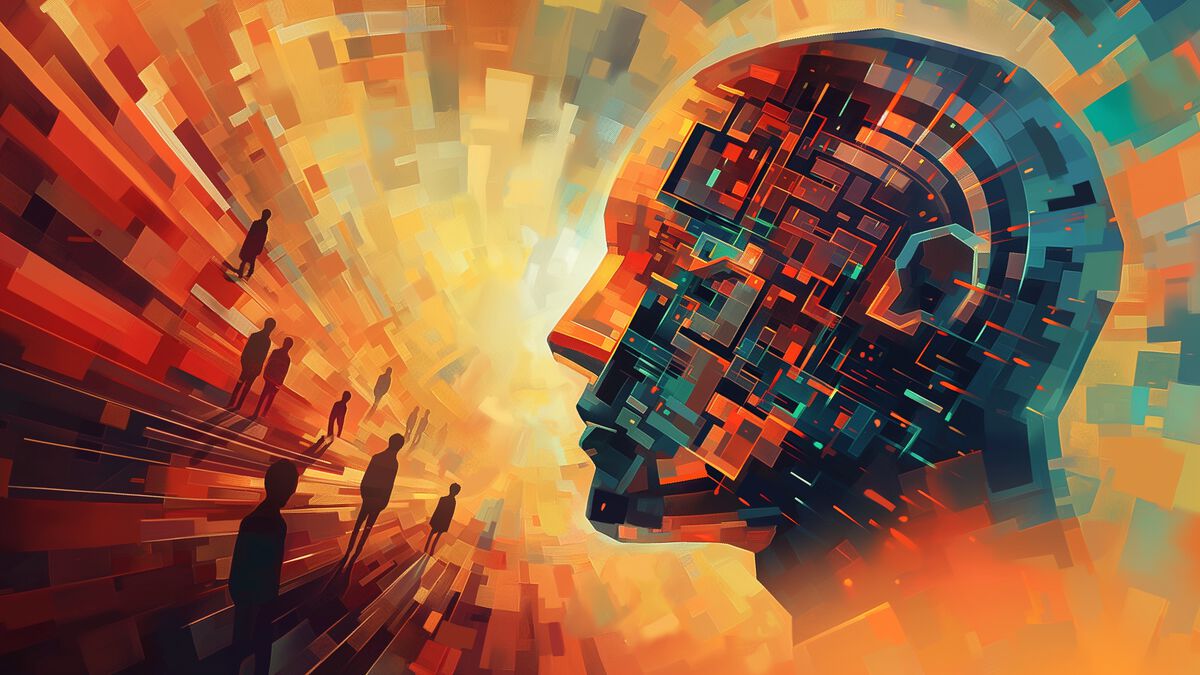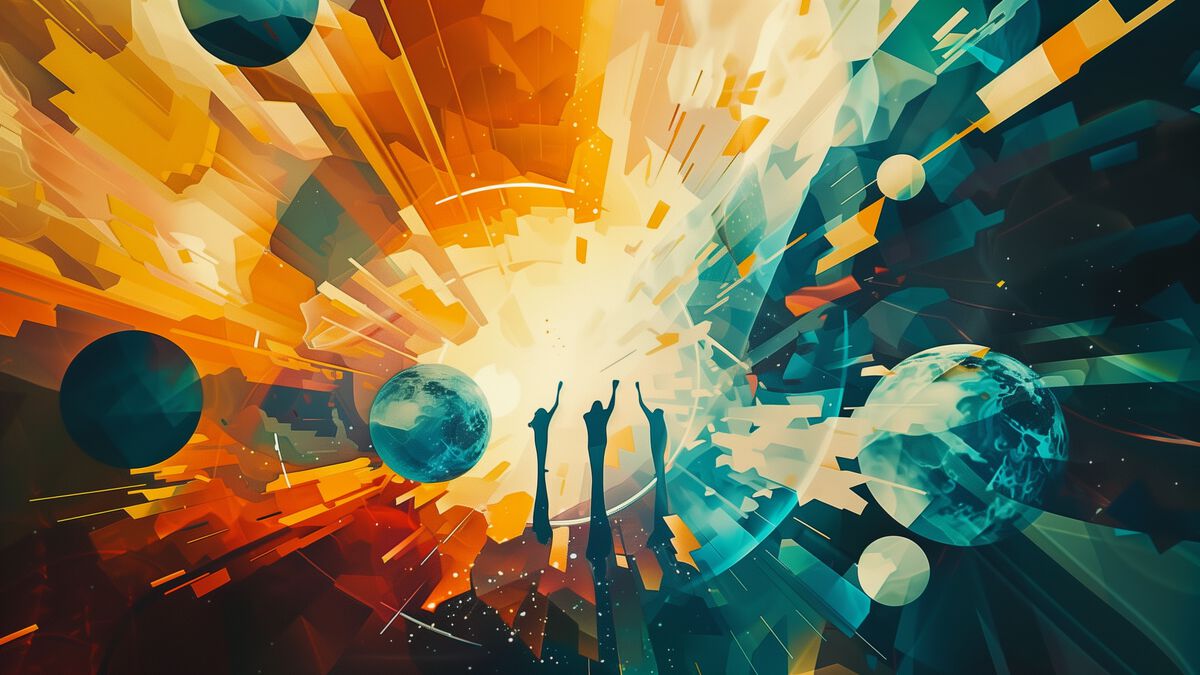Most Theologians Misunderstand Theosis
Lincoln Cannon
25 May 2024 (updated 3 January 2026)
Most theologians misunderstand theosis. They insist on a perpetual distinction that the doctrine doesn’t entail, and that undermines its potency. Humanity shall not remain ontologically distinct from the Creator, except insofar as ontological distinctions persist within the Creator.
Some would respond that theosis, as generally expressed in Christian tradition, doesn’t entail a loss of creaturehood or identity. I agree. But they can’t see past their exhaustive Platonism and recognize that all aspects of the body of God have creaturehood and identity. All!
“Deified humans are gods by grace, not by nature,” some say. I say deified humans are Gods by grace AND nature. Some say, “creatures participate in God without becoming identical to the divine essence.” I say such creatures ARE the divine essence.
They privilege their Platonic deprecation of creatures, and thereby their deprecation of a full account of theosis, with the title “orthodox.” Yet it’s just Platonism, and orthodox only if Platonism is orthodox, to which we should not consent. God is greater than Platonism.
I was excited to learn that Oxford had published The Oxford Handbook of Deification. Then I read the introduction, which explicitly excludes from engagement and exploration two approaches to theosis: Transhumanism and Mormonism. No wonder most theologians misunderstand theosis.
“God is dead,” said Nietzsche. But, as Gods do, Platonism keeps resurrecting. Christian theologians keep resurrecting that which would raise itself above all else called “God.” When will they learn to love them that would raise us together in the fullness of their glory?
Beware. This is not merely an academic issue. Now, in the apocalypse of intelligence, ontologies of superintelligence matter more than ever. Theology matters more than ever. If we worship the wrong God, revere the wrong superintelligence, we will become slaves.



